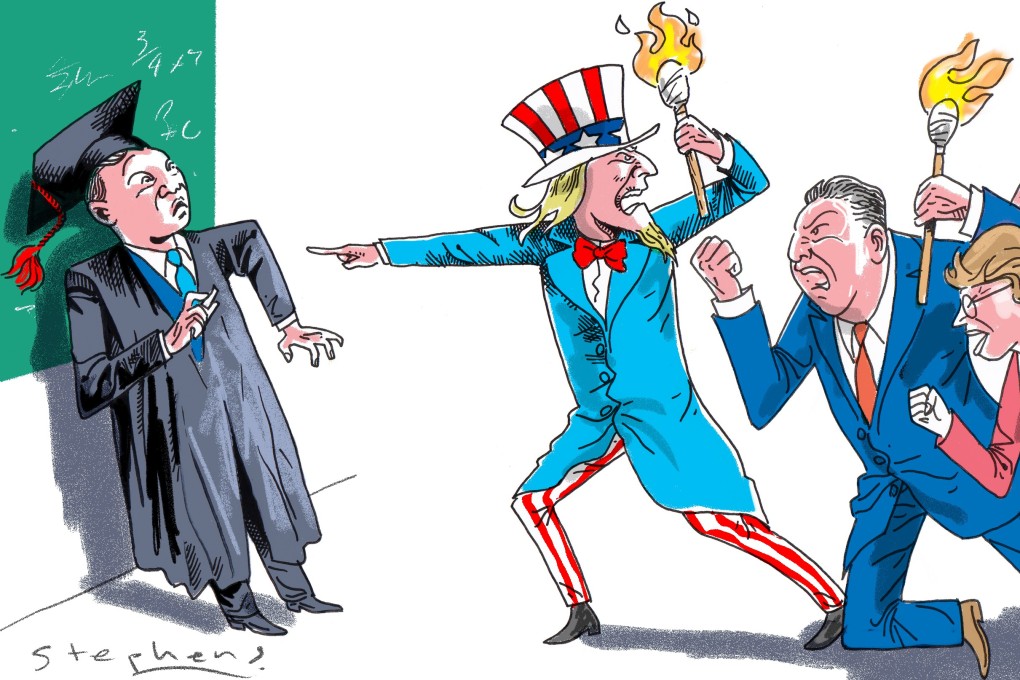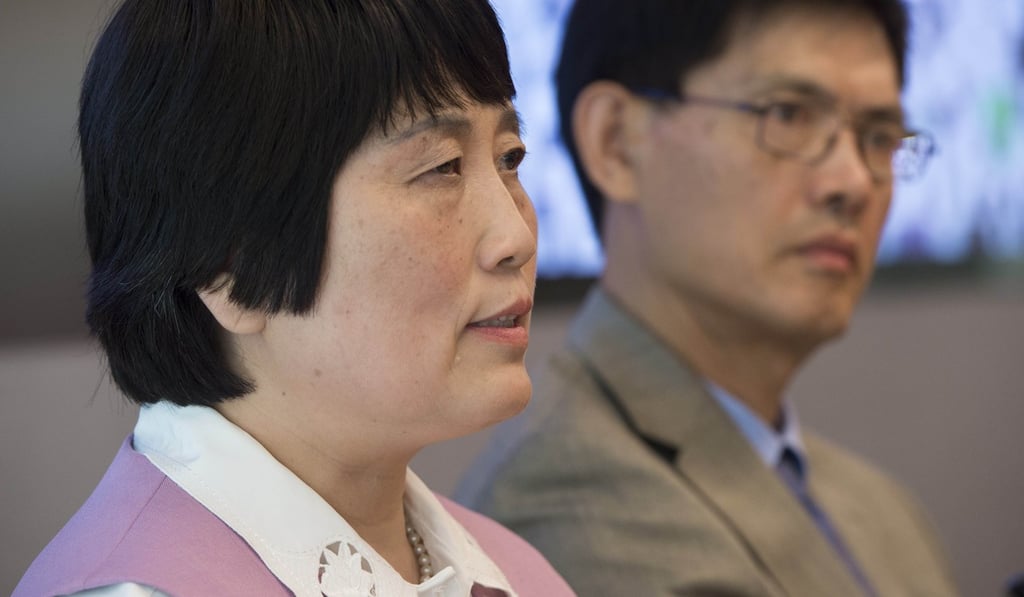Opinion | Creating a climate of fear for Chinese scientists in the US benefits neither Washington nor Beijing
- Some scientists have been fired from US universities for their links with China’s Thousand Talents Plan. Are such moves justified?
- The truth is that technical espionage isn’t necessary when you have enough knowledge to figure out so-called secrets yourself

These departures came after the US National Institutes of Health, in an August 2018 letter to institutions that receive grants from it, warned against the influence of “foreign entities”. According to the Houston Chronicle, 10 of MD Anderson’s senior researchers or administrators of Chinese descent have retired, resigned or been placed on administrative leave between late 2017 and early 2019.
Physics professor Xiaoxing Xi of Temple University was arrested in 2015 for espionage, but the charges were also dropped. These cases have resulted in growing anxiety in the Chinese-American scientific community and created an atmosphere of mistrust of the US law enforcement authorities.
Is a witch hunt going on? In response to questions about the dismissals, MD Anderson president Peter Pisters said the investigations were “fundamentally about ethics and integrity”, not ethnicity. Is that true?

